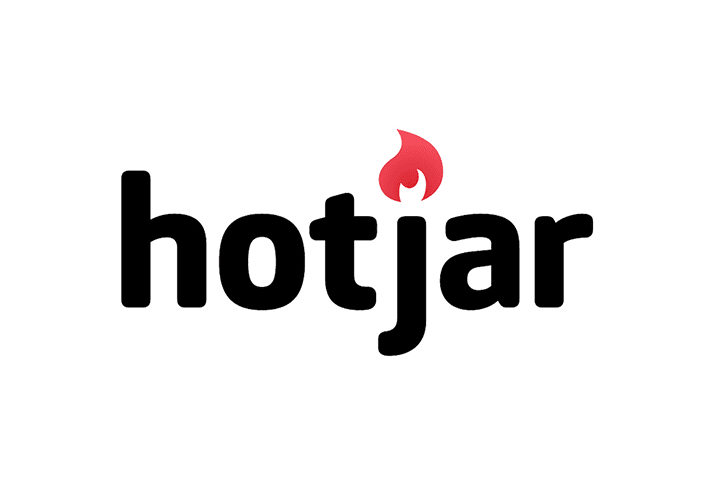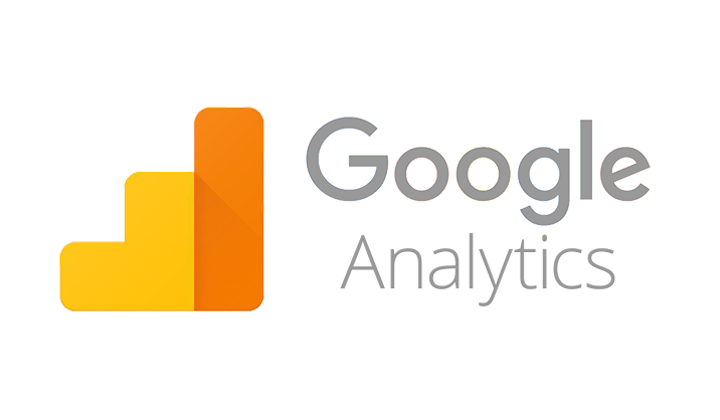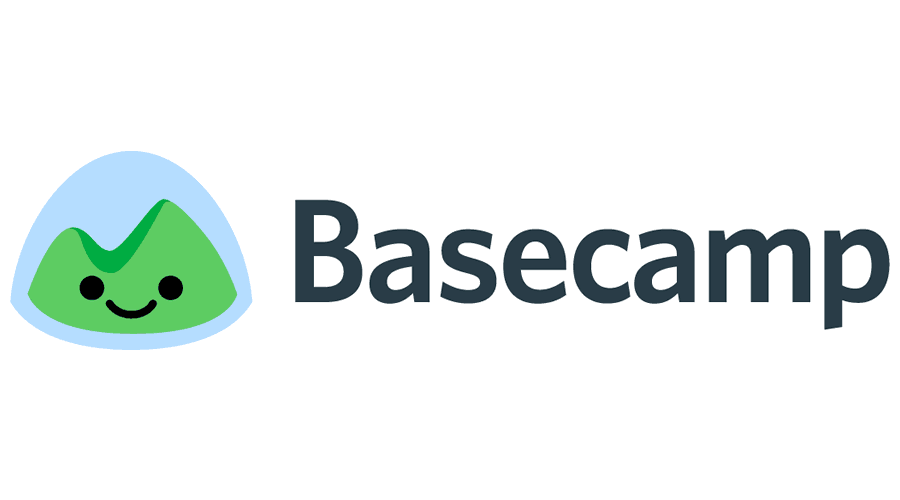I’ll be honest, I love signing up to check out the newest digital marketing tools. After all, marketing’s what I do. But for budget-savvy business owners who don’t have the time to test-drive every new piece of marketing software that comes out, you need to know that your money’s going to a product that provides solid ROI. Here are seven tools worth the investment:

Best for B2B Lead Gen
Canddi is a lead identification platform that monitors user interactions on your website. But its true value comes from the data insights it provides: it identifies the location & workplace of your website’s visitors.
This is ideal for B2B brands looking to generate more leads, as you can send targeted offers and marketing content to specific organisations based on the pages they’ve visited on your website. A word of caution, however; this is powerful software, but you will need to remain GDPR compliant, so only reach out to users who have given you consent to do so.
Best for SEO & Increasing Organic Traffic
SEMrush is a multi-purpose analytics tool designed to help you move up the search results. If you want people to find you through Google search without having to pay for Google Ads, this is the tool for you. It’s so powerful that I’d call this the “if I were stranded on a desert island and could only take one marketing tool with me I’d choose this one” tool.
While the platform has tonnes of useful features, the 3 key benefits are the keyword research tool, backlink outreach tool and the online visibility competitive analysis function. Depending on which subscription you choose, it’ll also give you a weekly report that provides a list of actions to complete to help increase your search position further.

Best for Improving User Experience (UX)
The Hotjar platform monitors user behaviour on your website. It provides heatmaps and session recordings that you can use to assess how users interact with your landing pages. Using this information, you can then identify areas for improvement and optimise user experience to improve conversions.
If you opt for the paid version of the platform, you’ll also have access to on-site user feedback, surveys and polls. These features will allow you to receive direct feedback from your users as they browse. This will allow you to find out what users like about your website and then optimise to suit.

Best for Improving Social Media Engagement
Hootsuite’s primary function is as a social media content planning tool. It allows you to connect all of your social media accounts and then manage them from one single location. The time you’ll save using the bulk post upload function and post calendar alone make the platform worth the price tag.
That said, the app will also pool all of your social media analytics into one location. This helps you to easily identify the top-performing posts across your channels. You can then use this data to improve engagement. You’ll learn which types of posts your users love and which ones they don’t, and you adjust your content to drive engagement.

Best for Analysing Marketing Campaigns
Google Analytics is a free tool that syncs to your website and provides a wealth of valuable real-time data. But, while many use it for search engine optimization, it also works well as an analysis tool for monitoring the performance of your marketing campaigns.
Say, for instance, you run a social media campaign across Facebook, Instagram and LinkedIn. Providing you use UTM codes in your URLs, the platform will show you how traffic from each source interacted with your landing page. If you then notice that Facebook traffic had a high bounce rate, it gives you an indication that your ad targeting is off and needs fine-tuning.

Best for Automated Email Marketing
Mailchimp is a CRM and automated email marketing tool that also features a drag and drop HTML email builder. It connects to the forms on your website allowing you to collect user data like names and email addresses. With this data, you can then create a custom email marketing campaign that sends emails to potential customers at times and dates specified by you.

Best for Avoiding a Meltdown
Basecamp is a project management tool that allows you to easily communicate with multiple team members, share and store project documents, create to-do lists and measure project progress. Although it’s not strictly a “digital marketing tool”, it’s invaluable for managing marketing projects.
While it’s packed with features, it’s the ability to trace back through conversation threads and easily access shared files that provides the most value. No more will you have to say “does anybody know where that paid media budget estimate went?” A quick search on Basecamp and you’ll have it in minutes.
Conclusion
As a final note, it’s important to point out that no digital marketing tool, no matter how innovative, is going to fix a broader marketing or brand image problem. So, if you’re looking for a solution to a wider sales issue, you should start by looking at these before looking into new tools.
SEMrush, when used by someone who really understands the platform, will definitely help you earn more organic search traffic. But all the traffic in the world is of no use to you if your landing pages fail to engage your audience or consumers don’t like the look of your branding.
Marketing tools like this are fantastic and they will add plenty of value to your business. But don’t expect them to work miracles if your foundations are off. They should be used to support a strong brand or marketing message and not to make up for the lack of one. If you’re ready to revamp your digital presence, get in touch today!






